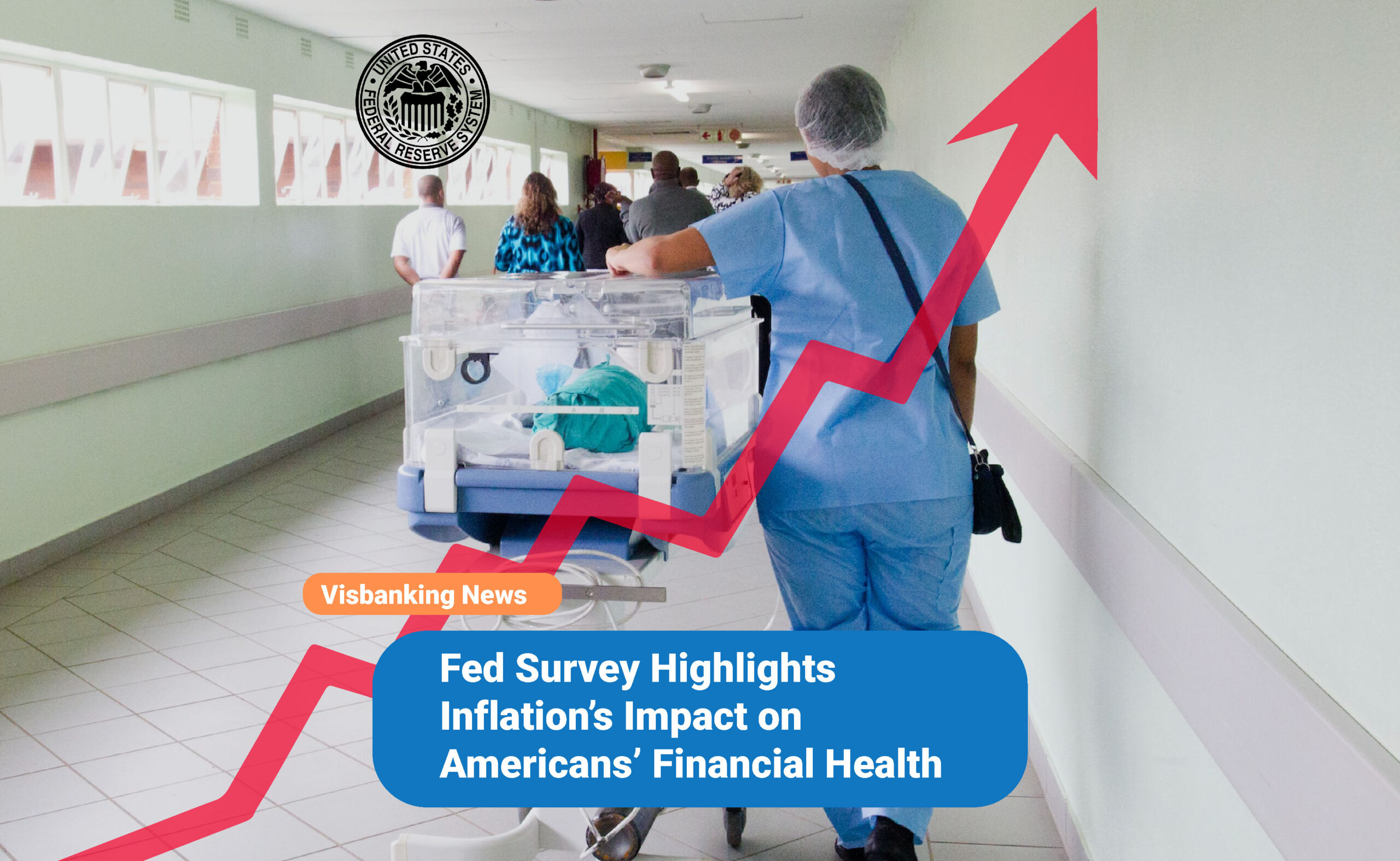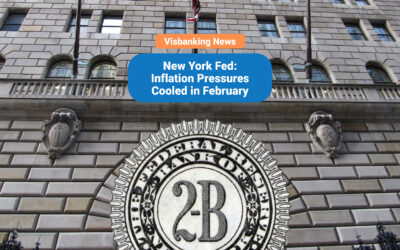The Federal Reserve released its 2022 Survey of Household Economics and Decision Making (SHED) findings on Monday. That report confirmed what many analysts had already recognized: recent inflationary pressures have devastated many Americans’ financial health.
The report included results of a survey conducted from late 2021 until the beginning of November 2022. According to the survey findings, there was a significant increase in the share of Americans who say that their finances deteriorated last year. 35% of respondents reported being in worse financial shape than they were in the previous year. That’s a 15% increase in just one year, and the highest recorded number in almost ten years.
The financial health costs of untamed inflation
73% of Americans reported that their finances were at least “okay” in 2022, but even that number represents a 5% decline from 2021. Moreover, the survey suggests that inflationary pressures have still impacted most Americans. The report confirms that around two-thirds of consumers have stopped using certain products due to increased prices.
Meanwhile, nearly two-thirds report that they have opted for less expensive products. And slightly more than half of the respondents have seen their savings decline as they adjust budgets to keep pace with rising prices. Many older workers have found their retirement plans disrupted and are now more concerned about whether they can even afford to stop working.
Cooling inflation has done little to help Americans’ finances
The survey also serves to highlight the disconnect between many elected officials and the financial reality facing their constituents. While administration officials have pointed to cooling inflation and claimed that Americans are enjoying more financial breathing room, the reality is that all Americans are still seeing prices rise each month. They are also keenly aware that their paychecks are generally not keeping pace with those price increases.
Nor is real help likely to materialize any time soon. A separate survey from the National Association for Business Economics (NABE) suggests that the opposite is likely to occur. That survey of top economists revealed that 98% of them anticipate inflation remaining above 2% through the end of 2024. 59% said that they think inflation may remain above the Fed’s target rate until at least 2025.
Recent Gallup polling also seems to confirm Americans’ views on the impact of inflation. In that poll, a full 61% of respondents said that rising prices have negatively impacted their families’ financial health. 15% said that stubbornly high inflation is making it difficult for them to maintain their current standard of living.




